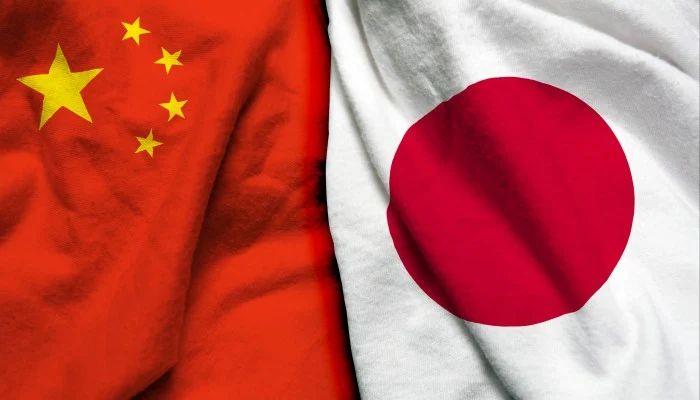Hong Kong Warns Travelers Amid Rising Beijing–Tokyo Friction
As regional dynamics grow more unpredictable, Hong Kong warns travelers to stay alert when visiting Japan, following a spike in diplomatic friction between Beijing and Tokyo. The advisory reflects growing unease across East Asia, where recent exchanges between the two major powers have introduced new uncertainties for civilians who frequently move between these destinations.
Rising Tensions in Northeast Asia
The strain between Beijing and Tokyo has intensified due to disputes over maritime boundaries, military movements, and political accusations. Although these disagreements are not new, the latest escalation appears sharper, prompting governments across the region to reconsider safety messaging for their people. Hong Kong’s latest notice is one of the clearest signals that the situation is being taken seriously by neighboring administrative regions.
Why Hong Kong Issued the Alert
According to officials, the travel warning is a precautionary step designed to ensure that residents remain informed about rapidly changing circumstances. While Japan remains one of Hong Kong’s most visited destinations, heightened geopolitical pressure pushes authorities to strengthen communication regarding regional risks. The reminder urges individuals to stay updated on official announcements, monitor local developments, and avoid areas where demonstrations or diplomatic protests may occur.
The Impact on Tourism Patterns
Japan traditionally attracts millions of visitors from Hong Kong annually. With the advisory in place, travel agencies expect short-term hesitation among tourists, particularly families and older travelers who prefer predictable conditions. However, industry experts believe the long-term impact will depend on how the Beijing–Tokyo situation evolves. If the dispute stabilizes, bookings may quickly recover; if tensions deepen, travel behaviors could shift dramatically.
What Travelers Are Advised To Do
Authorities recommend several straightforward steps for anyone still planning to travel. First, check for updated instructions before departure. Second, register trip details with local consulates to ensure rapid assistance if necessary. Third, maintain regular contact with family members in Hong Kong and avoid engaging in sensitive discussions while abroad. These guidelines aim to reduce unforeseen complications during a time when diplomatic issues can shift quickly.
Regional Reactions and Wider Implications
Other administrations in Asia are also watching the situation with caution. The confrontation between Beijing and Tokyo has the potential to influence economic exchanges, shipping routes, and diplomatic cooperation. Governments are balancing the need for public safety with the desire to maintain stable international relationships. While Hong Kong’s advisory is not a travel ban, it highlights how even mild disruptions between major economic partners can create ripple effects across the region.
What Happens Next?
Observers expect the next few weeks to be pivotal. Any additional statements from Beijing or Tokyo may either ease tensions or create new concerns for travelers and businesses. For now, Hong Kong emphasizes calm preparedness rather than alarm. Officials continue to monitor developments and will adjust advisories as needed.
Conclusion
The reminder issued by Hong Kong reflects the complex landscape of East Asian politics. Although the region remains safe for tourism overall, the message encourages travelers to remain informed and cautious. As Hong Kong warns travelers, the hope is that awareness can help mitigate risks while diplomatic channels work toward easing the current strain between Beijing and Tokyo.



